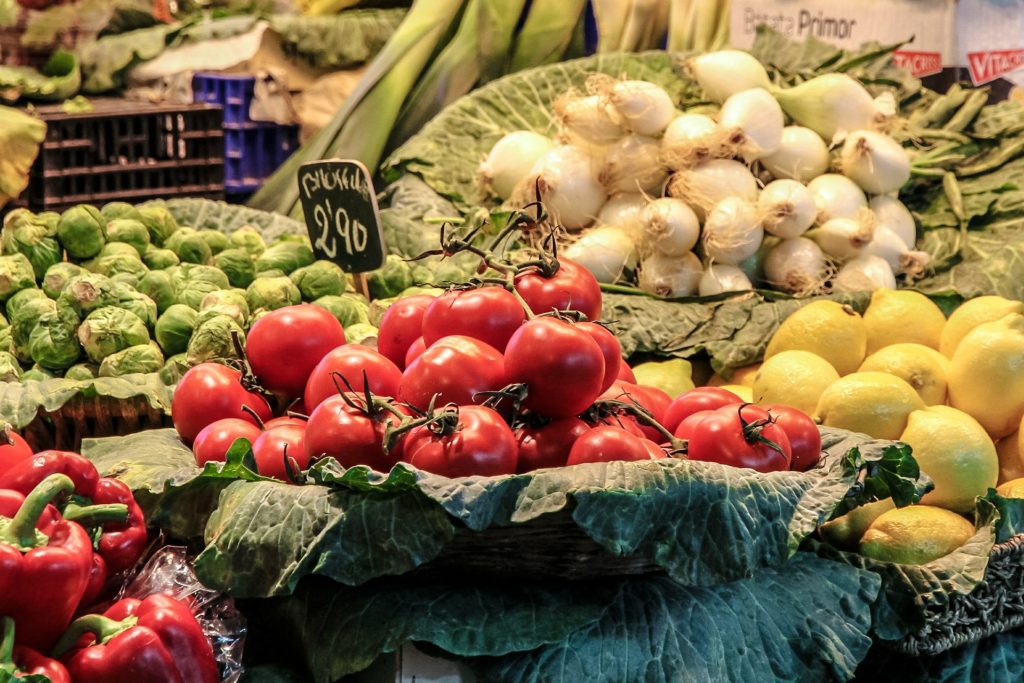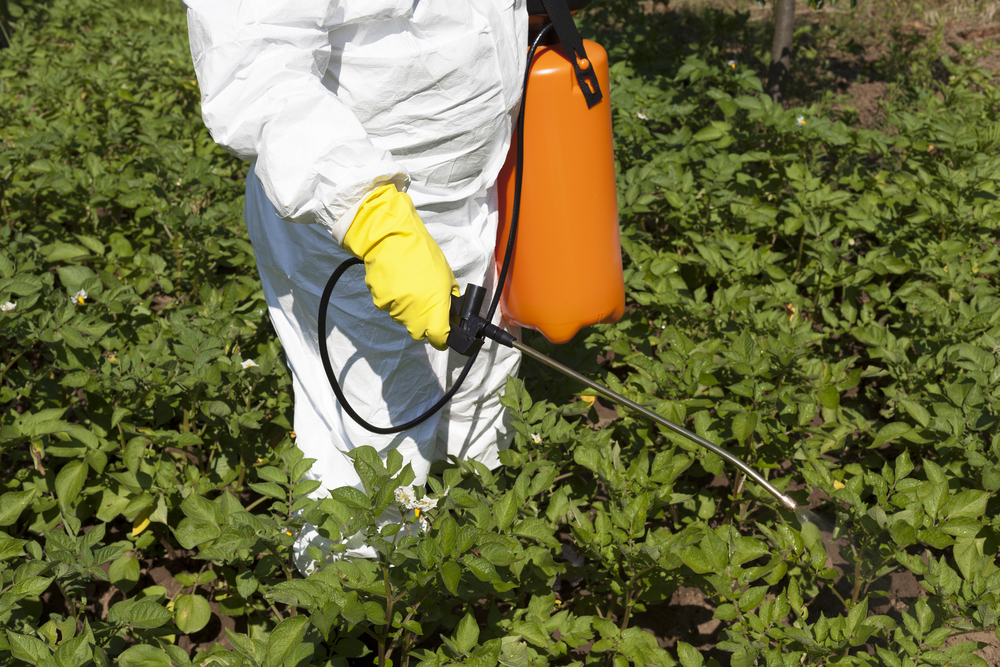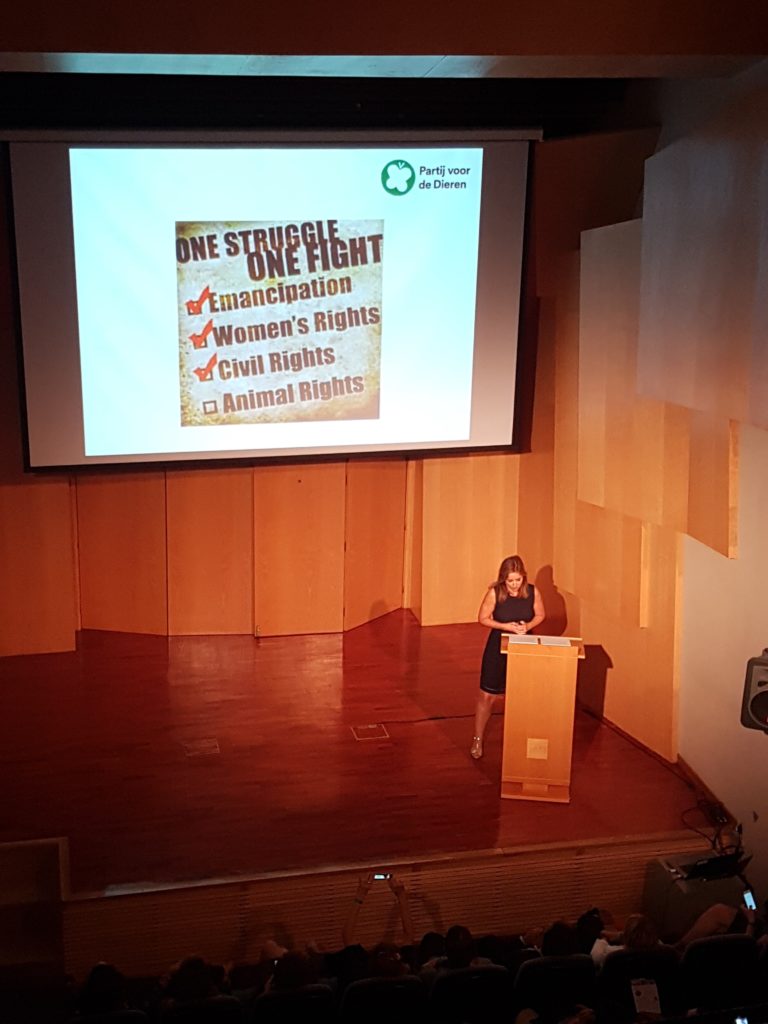Worldlog Marianne Thieme 17 October 2017
Since last week, there is a new government in the Netherlands, which now has presented its plans in the form of a coalition agreement. Unfortunately, there is little cause for celebration. In practice, the agreement means that future generations are going to have to solve the challenges of climate change. For example, no measures are taken to address one of our biggest polluters – the livestock industry. This is despite the fact that recent studies have found that it is highly unlikely that we will reach our Paris climate targets without significantly reducing our meat and dairy.

Dutch citizens are already paying for the pollution and other social costs associated with the livestock industry through various direct and indirect subsidies given to the livestock industry by the government. Now, our new cabinet intends to pass on even more of these costs to citizens by means of a rise in VAT, making fruits and vegetables go up in price as much as meat and dairy products. A measure that is completely irresponsible, since several organisations, scientists and entrepreneurs – including the World Wildlife Fund and the Dutch Green Protein Alliance – have shown us that in order to preserve our planet, we need to start producing and consuming more plant based products.
By reducing the costs of sustainable and healthy products such as fruits and vegetables, and increasing VAT on meat and dairy products, we can create a greener and fairer society. The Party for the Animals has joined forces with other parties in order to prevent the rise in VAT on fruits and vegetables. In the following weeks, our party is going to work very hard to make sure that our new government will truly take responsibility and will make every effort to tackle the problems relating to climate, environment and animal welfare today! To be continued…

Use of herbicide
Meanwhile, our group of the European Parliament is keeping the EU institutions alert. Last week, the long-awaited Monsanto Papers hearing took place at the European Parliament, partly as a result of the European citizens’ initiative against the herbicide glyphosate. The Party for the Animals has severely criticised the European Food Safety Authority (EFSA). Our MEP Anja Hazekamp expressed doubts concerning the EU’s risk assessment of glyphosate, a view that was supported by professor J. Portier of the University of Maastricht and the International Agency for Research on Cancer (IARC). These experts consider it worrying that during its assessment, the EFSA has ignored multiple studies showing that glyphosate is carcinogenic. The Monsanto Papers revealed that the toxic industry paid scientists to affirm the safety of glyphosate. The idea that the European food watchdog has unreservedly accepted these “studies” and has thereby endangered millions of people, animals and the environment, is absurd. Glyphosate should be withdrawn from the market as soon as possible.
In my last Worldlog, I talked about the lecture I was going to give in Madrid. It was part of an international conference organised by the Party for the Animals and Spanish sister party PACMA for other parties for animals and animal welfare organisations. My lecture was sold out and I received a very warm welcome by the Spaniards. It has been rewarding to see that animal rights, nature and the environment are live issues in Spain.

Marianne at her lecture in Madrid
While I was witness to moving and inspiring debates on democracy, human rights and animal rights, 613 kilometres to the east, in Barcelona, the Spanish police was firing rubber bullets at Spanish citizens for peacefully wanting to vote. Our party has expressed its horror at the excessive violence used by the Spanish government to prevent Catalan citizens from exercising their democratic rights. It is questionable whether a nation that uses violence in order to suppress democracy, should still be allowed to call itself a democracy. As a self-proclaimed guardian of democracy, Europa must not remain silent in this case.
Fortunately, there is also good news, for instance from Portugal and Germany: in both countries, our sister parties have made considerable gains in the elections. The German Tierschutzpartei gained nearly 20,000 votes more than in the last general elections, but was unable to gain a seat because of Germany’s high electoral threshold of 5%. Our Portuguese sister party Pessoas-Animais-Natureza (‘PAN’ in short) has made history by gaining seats in 32 different municipalities in Portugal’s municipal elections. This means that the party now has a representative in 78% of all municipalities. A fantastic result!

Last week, it also became clear that the Netherlands will have a referendum on the so-called ‘Sleepwet’ (dragnet law). Under this law, large amounts of random data are collected and searched under the guise of combating terrorism. By monitoring innocent people, a critical boundary is crossed. Privacy ensures our safety and protects us against the state. When we give up our right to privacy, we give up an important part of our safety. That is why we have supported the initiative to let citizens make their own decisions on this law in the form of a referendum. The initiative came from a couple of students, who now have collected enough signatures to force a referendum. My congratulations to all parties involved! A victory for democracy. Meanwhile, our party will fight in politics to prevent the new Dutch cabinet from putting an end to these kinds of referenda, as announced by the cabinet in its coalition agreement.
Enjoy your week!
Marianne